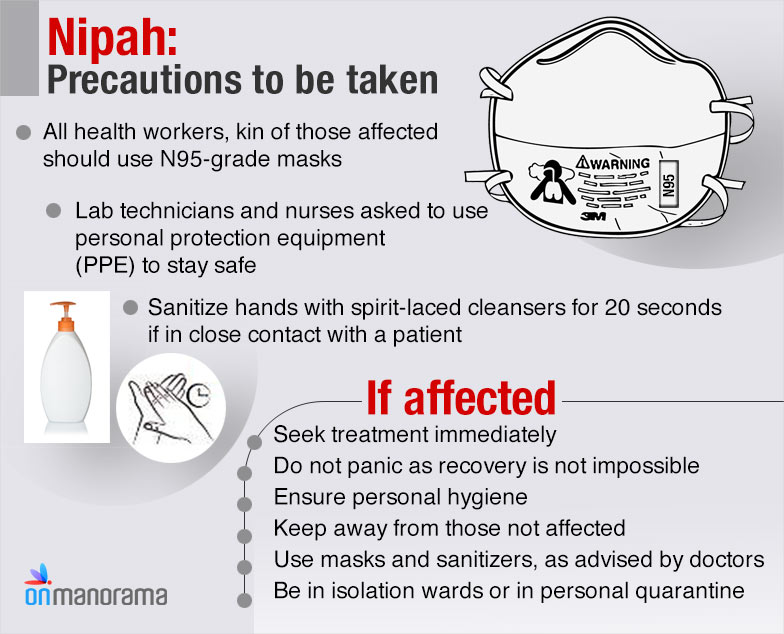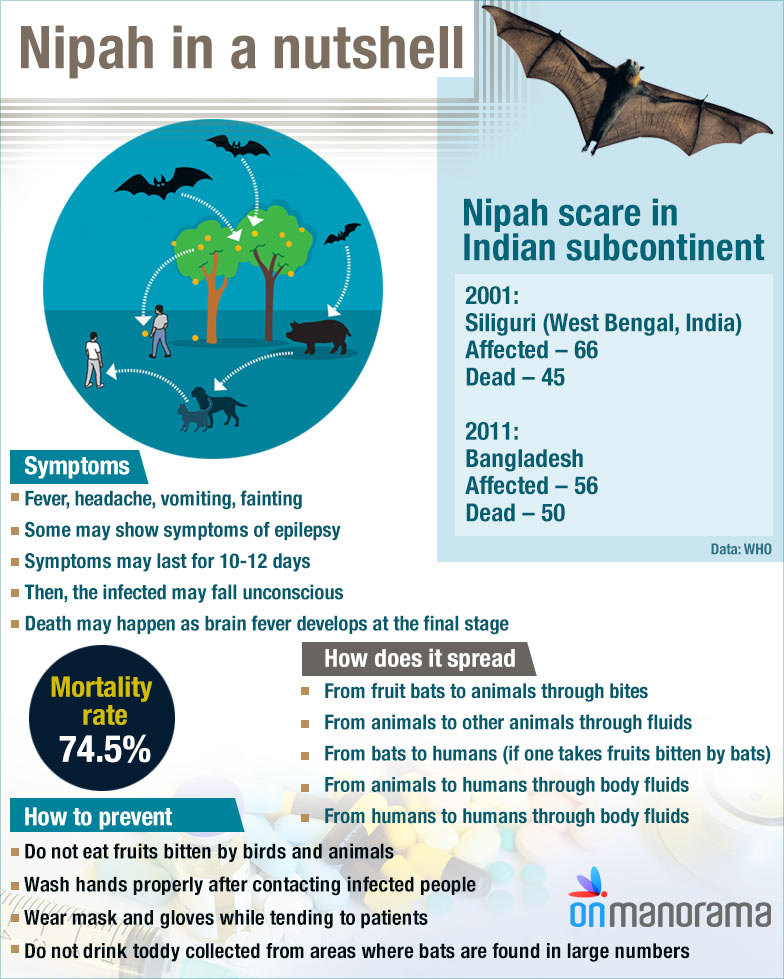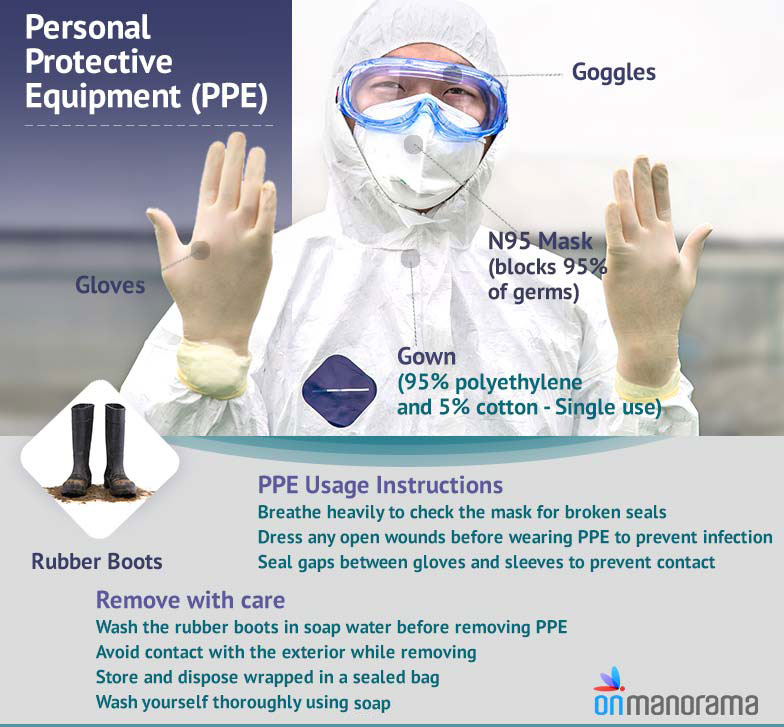Nipah patient on recovery path, no fever for last 48 hours

Mail This Article
Kochi: The condition of a college student diagnosed with Nipah virus here, has improved, according to officials. The patient had no fever for the last 48 hours. This was the only case reported this year.
He has been able to walk and eat on his own, said doctors. According to the medical bulletin issued over the youth’s health, his sleep pattern is also normal.
Meanwhile, the samples of seven patients admitted to the isolation ward of Medical College suspected to be infected with the potentially deadly virus have tested negative. The health condition of these persons is also satisfactory. One among these patients has been shifted to the ward while another is in the ICU.
The five samples tested at Ernakulam Medical College on Monday for Nipah have shown negative results. Tests on another 10 samples are going on.
An Alappuzha native who had close interaction with the Nipah patient has been admitted to the isolation ward of Alappuzha Medical College Hospital after he was found to be suffering from fever. As many as 329 people had come into contact with the Nipah patient. Among them, 52 belong to the high-risk category while the remaining 277 have low risk.
Meanwhile, an expert team on Tuesday collected samples from 45 bats at Aluva Palace. On Wednesday the procedure will be repeated on bats in the Paravur region.
As many as 300 people were given training in prevention of Nipah at a programme held in Paravur Municipal Town Hall, said a press release from the Collectorate. The training for Anganawadi and Asha workers who will be deployed in Municipality and panchayat areas will be completed on June 13. The training programme is led by medical officers.
The Nipah virus had claimed 17 lives in the state in May last year.
According to the World Health Organisation, Nipah virus infection is a newly emerging disease that can be transmitted from its reservoir (natural wildlife host), the flying foxes (fruit bats), to both animals and humans.
Symptoms range from asymptomatic infection, acute respiratory infection and encephalitis.
Infected people initially develop influenza-like symptoms of fever, headache, vomiting and sore throat. This might get followed by dizziness, drowsiness, altered consciousness, and neurological signs that indicate acute encephalitis.




